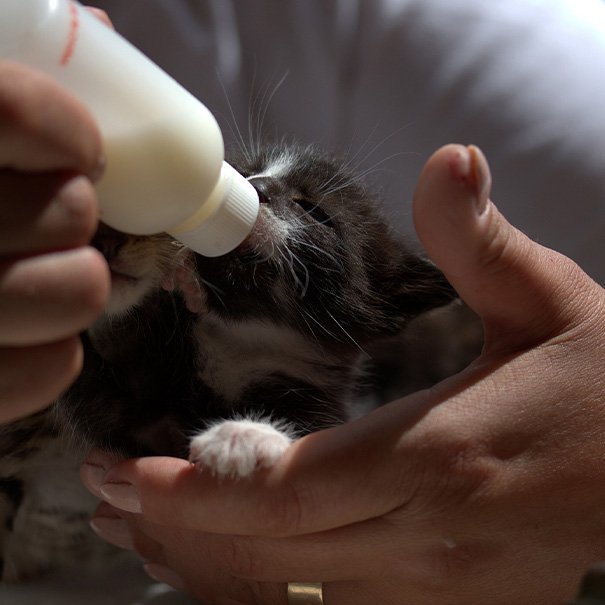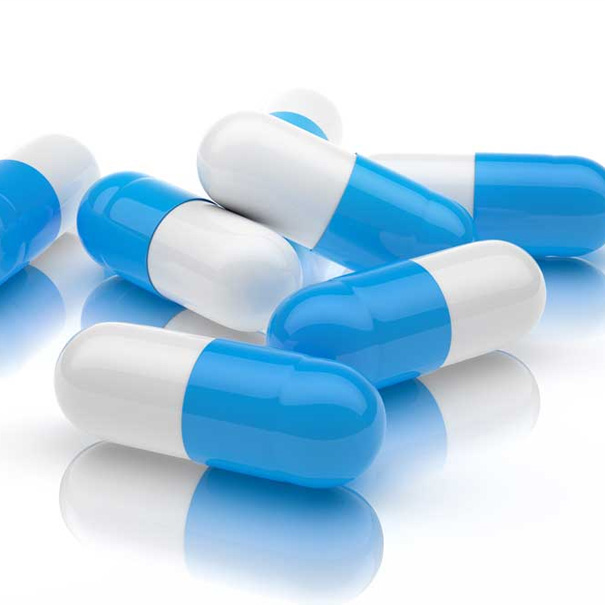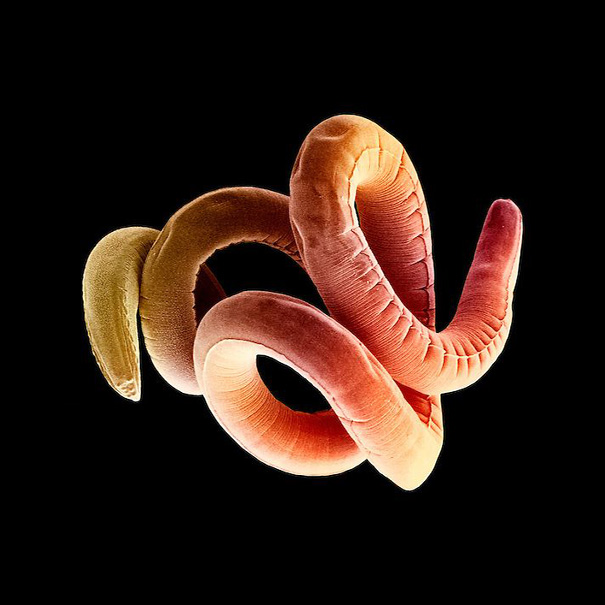Training your puppy
It’s never too early to start training your puppy through training your dog will learn to understand what you expect of him and be better equipped to fit into his environment. Try Beaphar Puppy Trainer, a unique product to make your puppy habitual to urinate at desirable place.
Balanced and precise Nutrition
Puppy needs balanced and precise nutrition with just the right amounts of protein, fats, minerals and vitamins for its optimal body growth and keeping them naturally fit to fight against common infections. Use Hills Science Plan super premium dog foods for quality results.
Regular Grooming
Start grooming your puppy at an early age. The earlier your dog gets to know the procedure, the more readily he will get used to it.
Oral and dental care
Taking care of your puppy’s teeth now will prevent a lot of problems later on in his life. In fact, the number one health problem for dogs, is periodontal disease. So start brushing your puppy’s teeth now.
Regular Exercise
Part of the normal routine for a healthy puppy is regular exercise. The amount your dog needs will depend not only on his size, but also on his breed.
Periodical Vet Checkup
Your puppy in home, you should take him into the vet within the next day or so far an overall check up. Your vet will do periodical vaccination and deworming to safeguard him against lethal pathogens.When your puppy reaches adulthood, at least one visit a year is required to ensure his ongoing good health.
Puppy home health monitoring
You can play a big role in keeping your puppy healthy by doing health check ups at home. Frequently check his weight, coat and skin, eyes and ears, teeth and gums to prevent small problems from turning into big ones.
Reward good behaviour
Positive reinforcement is a powerful way to make your puppy a well behaved member of your family. Reward him with a treat or praise when he does what you tell him. Checkout our special dog treats.
Vital Nutrients
Carbohydrates
Carbohydrates provide energy and are made up primarily of sugars, starches and cellulose (fiber). Carbohydrates are supplied in the diet from plant sources such as grains and vegetables. The sugars are 100 percent digestible. Starches, which are the largest part of most plant carbohydrates, need to be cooked before they can be digested and utilized by the puppy.Carbohydrates are a direct source of energy and are also protein-sparing nutrients. Without carbohydrates and fats, the puppy’s body must convert protein to glucose to obtain energy; consequently, these proteins are no longer available for the building and growth of body tissues.
Fats
Fats are used to supply energy, essential fatty acids, and transport the fat-soluble Vitamins A, D, E and K. In addition, fats make a diet more palatable to a puppy. Fats help to maintain a healthy skin and haircoat. However, if a puppy’s fat intake is very high, it may result in the puppy eating excessive
amount of energy that may predispose to growth spurts, rapid growth, developmental orthopedic diseases, weight gain and obesity. If the fat becomes rancid, it destroys Vitamins E and A, and linoleic acid, leading to deficiencies of these essential nutrients. Commercial dog foods contain special natural or synthetic additives called “antioxidants” to prevent rancidity and prolong shelf-life.
Proteins
Comprised of 23 different amino acids, proteins are often called the “building blocks” of the tissues. The dog’s body can manufacture 13 of these amino acids. The other 10 amino acids, however, must come from outside meat and plant sources and are called the “essential amino acids”.The biological value of a protein is a measure of that protein’s ability to supply amino acids, particularly the 10 essential amino acids, and to supply these amino acids in the proper proportions. In general, animal proteins (meat, by-product meal) have higher biological value than vegetable proteins (soybeanmeal, corn gluten meal). Protein – A key building block of muscle, skin, coat, organs and other tissues. During this period of growth, a puppy needs abundant protein
Omega3 and 6 Fatty Acids, including Linoleic acid – Provides complete and balanced nutrition, promotes a healthy immune system and helps keep your puppy’s skin and coat healthy
Antioxidants
Antioxidants help normal body cell to fight against oxidative cell damage by highly active free radicals. They are pivotal for healthy and strong immune system
Vitamins
Vitamins are necessary for many of the body’s chemical reactions. Fat-soluble Vitamins A, D, E and K need fat in the diet to be absorbed by the body. The B-complex vitamins dissolve in water and are readily absorbed by the body. Vitamin C also dissolves in water, but it is not needed in the canine diet because dogs can make it themselves. “Complete” and “Balanced” commercial puppy foods don’t need additional vitamin supplementation.
Minerals
Minerals are needed by the body for structural building and chemical reactions. Like vitamins, minerals are supplied in the correct proportions in “Complete” and “Balanced” commercial puppy foods. Damage can be done by oversupplementaion. This is particularly true for calcium and phosphorus, because the proportions of these two minerals must be supplied to the puppy in the proper ratios for healthy growth and bone development. Calcium and Phosphorus – Necessary ingredients for healthy bones and teeth. They must be present in the correct ratios to grow bones and teeth correctly
Water
Water is the most important nutrient for all animals. Healthy puppies regulate their water intake so long as clean and fresh water is always available to them.
Feeding a Balanced Diet
Puppies require a diet that regularly includes proteins, fats, carbohydrates, vitamins, minerals and water for proper nutrition and growth. Of equal importance is the balance of these nutrients in the diet. A commercial puppy food is the most convenient method of ensuring a dog receives these nutrients in correct proportions.
Choosing a Commercial Puppy Food
Pet food manufacturers have developed foods that may be safely fed as a puppy’s sole diet without supplementation. Such foods can be identified by the words “complete and balanced nutrition” on the label. These claims are regulated by federal and state agencies. The product may simply be formulated to meet the expected nutritional needs of the puppy or the product can be chemically analyzed to be sure all the expected nutrients are present. If these methods are used to justify that claim of “complete and balanced” nutrition, the puppy food label should include a statement that the nutritional adequacy is based on a comparison to known nutritional standards. Look for these words on such products: “Meets the nutritional requirements of puppies established by the American Association of Feed Control Officials (AAFCO).” Feeding a puppy a product that does not
have a nutritional claim on the label cannot guarantee a complete and balanced diet for the animal.
Do’s and Don’ts
Be sure to follow the feeding guidelines. One of the worst things you can do is allow your puppy to become overweight – it has serious health implications. People food often adds calories and unneeded fat to a dog’s diet, so try to avoid table food as much as possible!. When you change foods, gradually mix the new food in with the old over two weeks.
The puppy stage sets the foundation for a dog’s entire life, so proper nutrition is essential!





